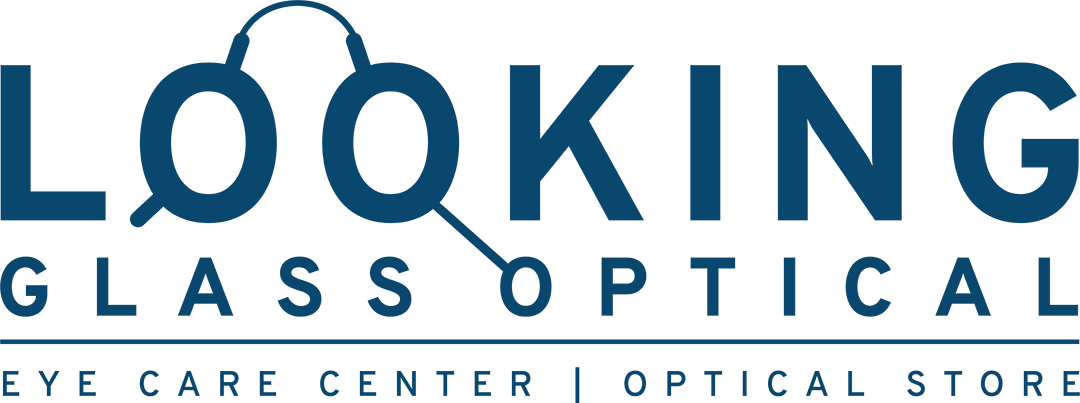10 Facts You Should Know About Children’s Vision Loss
The last thing parents think of when they gaze into their child’s wonder-filled eyes is statistics about vision loss in children. However, taking care of your child’s eye health is just as important as tending to the other aspects of their well-being. Informed parents are better able to provide the care their children need. Learning more about the threats to your child’s vision and how to prevent children’s vision loss will help. Read on to learn about the potential risks to your child’s vision and how regular pediatric eye exams can protect them.
1. Vision Loss in Children is Not Very Common
It is actually more common in older people. In addition, over 50% of visually impaired children also have some other type of disability. Examples include developmental disability, hearing loss, or cerebral palsy.
2. Vision Problems Can Affect Their Schoolwork
Vision impairments can have a negative effect on your child’s academic performance. It can make it harder to focus on written information and reading comprehension. Most schools check for 20/20 vision and miss other impairments that might cause issues.
3. Amblyopia is a Common Vision Issue in Children
Amblyopia, more commonly referred to as lazy eye, affects 2-6% of infants and toddlers. Early detection gives your child a greater chance of success. That’s one reason why regular eye exams for children are as important as they are for adults.
4. Young Children Can Develop Cataracts
Although rare, children can develop congenital or developmental cataracts. They are considered congenital if they present within the 1st year of life. However, developmental cataracts occur after infancy or following trauma. They can be identified as a white or grayish spot on the child’s eye.
5. Sitting Close to the Television Isn’t Good
Just like your parents said, sitting too close to the TV is bad for your eye. It can cause digital eye strain. Blue light can also be an issue when using tablets and smart devices. It’s still best to sit a comfortable distance away from the screen.
6. Get a Pediatric Eye Exam at 6 Months Old
Ideally, you should have your child’s first exam at 6 months old. Typically your second pediatric eye exam is at the age of three or before they start pre-school. In addition to annual check-ups, your child should get an exam if they exhibit any of the following signs:
- Squinting or inability to focus
- Excessive eye rubbing
- Poor visual tracking
- Chronic redness or tearing in the eyes
- Inability to see distant objects
- Sensitivity to light or frequent blinking
- Shows whiteness in the pupil instead of black
- Eyes do not align or move normally after 6 months old
7. Cortical Visual Impairment Can Happen With Head Trauma
If your child has had a bad bump on the head or has been diagnosed with a concussion, schedule a follow-up appointment with their optometrist. They can determine if they have Cortical/Cerebral Visual Impairment (CVI). CVI is the most common cause of permanent visual impairment in children.
8. Children Can Have Vision Loss or Low Vision from Birth
Babies can have vision loss and still have eyes that are typical-looking. If your baby isn’t smiling at familiar people six to eight weeks after birth, they may have a vision problem. Make sure to address any concerns you have with your pediatrician so they can see if they may need to see an eye doctor sooner.
9. Children Can Develop Glaucoma
It is rare, but a condition caused by improper eye drainage can lead to glaucoma. Childhood glaucoma can be managed with medication and may be corrected surgically. Unfortunately, it can be hard to see symptoms, so check-ups with your regular eye doctor are essential.
10. Smoking Can Harm Your Unborn Child’s Vision
Smoking during pregnancy increases the chances of premature birth. Premature babies are at greater risk of experiencing vision loss and blindness. New findings also show that second-hand smoke can have harmful effects on kids’ eyes.
Talk to the Team at Looking Glass Optical About Children’s Vision Loss
Call Looking Glass Optical today if you have concerns about your child’s vision or to schedule a regular check-up. We specialize in pediatric eye care and are always happy to answer your questions. Looking Glass Optical also carries a full line of designer frames for kids.
